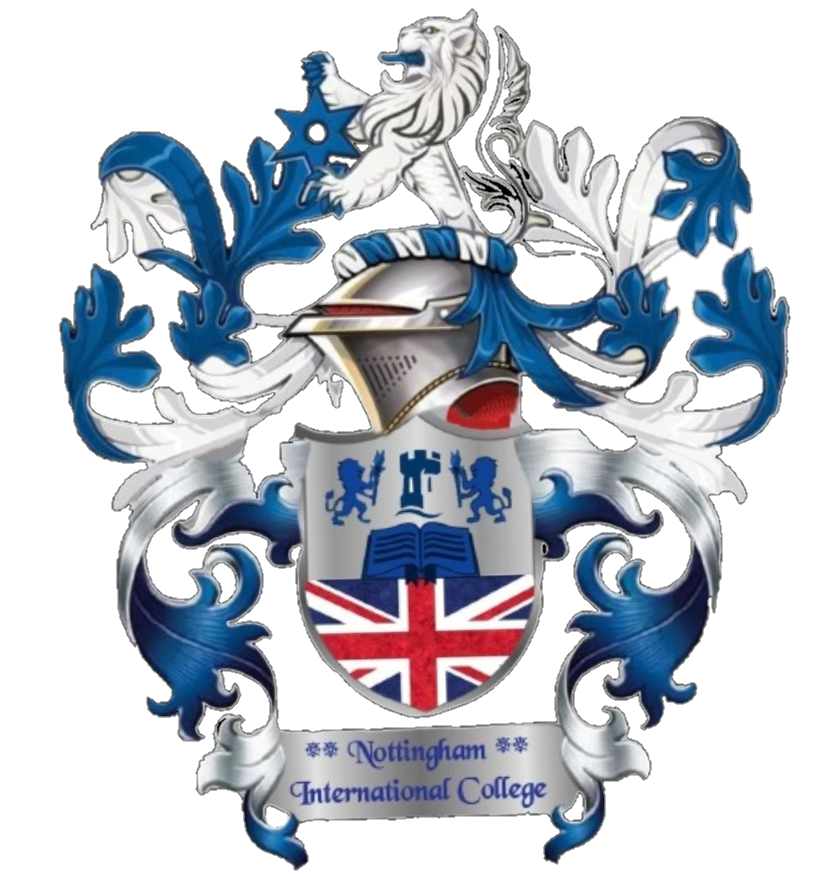Scientific writing is a form of technical writing that aims to communicate scientific information to an academic audience through written documents, books, or presentations. It requires thorough research and precise drafting, often involving grant applications, peer reviews, and summarizing findings. Essentially, any document produced in a research environment can be classified as scientific writing.
This skillset allows students to enhance their abilities in presenting technical and scientific issues to a diverse audience, while critically examining the social aspects of scientific information. The course explores innovative methods for covering scientific topics and developing the necessary skills to write clear and understandable prose on technical subjects. It also addresses the ethical and practical constraints that influence scientific reporting, emphasizing the cultural role of science in society.
Program Objectives:
1. Acquire theoretical knowledge and practical experience:
Understand the various elements of scientific writing and gain skills in editing scientific texts.
2. Improve scientific texts:
Learn tools for crafting precise titles, writing strong abstracts, and presenting research findings effectively, both in writing and orally.
3. Organize scientific manuscripts:
Understand how to structure a scientific manuscript and enhance all its sections, focusing on clear writing and drafting persuasive cover letters.
4. Develop critical thinking and effective communication:
Build the ability to write clear problem statements, with practical tips on punctuation, grammar, and textual coherence.
Throughout the course, students will be tasked with multiple writing assignments and will participate in detailed discussions on readings from various media sources. The focus will be on understanding what constitutes effective research communication. Final evaluations will be based on a combination of written tasks and practical assessments.
Scientific Research
Scientific research is a methodology that scientists use to investigate different phenomena. It involves systematically studying theories by collecting, analyzing, and interpreting data. Scientific research can be classified in several ways based on the nature of the data and the methods used, whether observational or experimental. It can also be conducted in laboratory or clinical settings.
Research varies between different types, such as descriptive, exploratory, or explanatory research. The aim of this course is to deepen students’ understanding of scientific research, demonstrate the interconnectedness of scientific disciplines, and highlight the importance of critical thinking and the scientific process.
Course Topics:
1. Defining research:
Introducing research concepts and applying research terms, with an explanation of key activities, skills, and ethics involved.
2. The relationship between theory and research:
Understanding how theory connects with research and applying this in various studies.
3. Comparing quantitative and qualitative research methods:
Describing and comparing the main quantitative and qualitative methods used.
This course equips students with the foundational skills necessary for both scientific writing and research, preparing them to communicate effectively and engage in comprehensive research practices.



